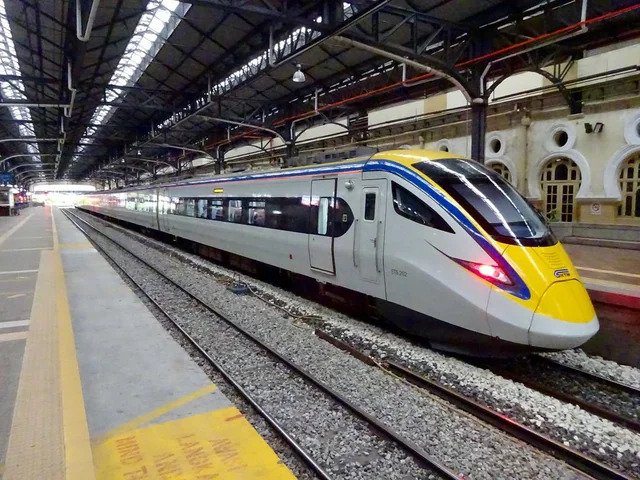Pakistan’s High-Speed Revolution: Karachi–Lahore in Just 5 Hours by 2030!
Islamabad, August 2025 — In a bold leap toward modernizing its transportation infrastructure, Pakistan Railways, under the China-Pakistan Economic Corridor (CPEC), has unveiled plans for the country’s first-ever bullet train—from Karachi to Lahore—slashing the current 18–22-hour rail journey down to just five hours.(gulfnews.com, english.aaj.tv, dailytimes.com.pk)
Project Highlights
- Corridor & Route: This high-speed marvel will traverse a 1,215 km corridor—the upgraded ML-1 (Main Line-1)—with stops in key cities: Hyderabad, Multan, and Sahiwal.
- Speeds & Infrastructure: Trains are expected to cruise at up to 250 km/h, with an average of around 243 km/h. Achieving this will require double-tracking, rebuilding aged bridges, and installing state-of-the-art signalling systems.
- Timeline:
- Feasibility Study: Completed mid-2025.
- Construction: Set to begin in 2026, aiming for completion by 2030.
- Testing & Launch: Trials in 2029, with full operation—including 10–15 daily trips—slated for 2030.
Transformative Benefits
| Impact Area | Highlights |
|---|---|
| Accessibility | Tickets projected at PKR 5,000–10,000, far more affordable than average airfare (~PKR 20,000–30,000). |
| Job Creation | Thousands of job opportunities are expected across Sindh and Punjab during both construction and operations. |
| Trade & Economy | Aims to boost the rail freight share from 4% to 20% by 2030—reducing road congestion and saving on fuel costs. |
| Regional Connectivity | Positioned as a strategic piece in CPEC, future expansions could link the bullet train to routes extending to China and Central Asia. |
Challenges & Realities
While the vision is bold, there are critical hurdles ahead:
- Financial Burden: The project’s estimated cost—US$6.8 billion (PKR 1.93 trillion)—places substantial pressure on Pakistan’s already strained economy.
- Legacy Infrastructure: Experts warn that Pakistan’s outdated tracks, aging bridges, and signaling systems are currently incompatible with high-speed operations. Overhauling them will take immense investment and time.
- Timeline Risks: ML-1 has a history of delays since 2015. Any delays could push off the anticipated 2030 launch.
- Ticket Affordability: While cheaper than air travel, fares (PKR 5,000–10,000) may still be out of reach for lower-income travellers who currently rely on economy train services costing PKR 2,200–6,650.
- Land Acquisition: Securing 1,215 km of continuous land comes with its own set of legal and logistical obstacles.
Final Word
The Karachi–Lahore bullet train is poised to transform Pakistan’s landscape—boosting trade, spurring economic development, and offering a high-speed, cost-effective alternative to air travel. If the 2030 target is met, it will stand as a hallmark of national progress and innovation.
Yet, its success hinges on navigating enormous financial, technical, and logistical challenges. All eyes are now on how Pakistan can translate this bold vision into reality.



